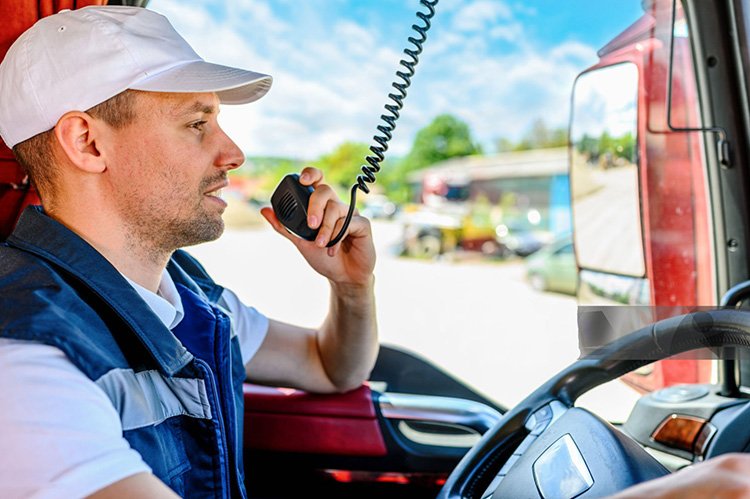What do radio operators say?
📻 What Do Radio Operators Say? — FAQ
1. Why do ham radio operators say “73”?
“73” is a way to say “best regards”. It comes from early telegraph days and has been carried over to ham radio. It’s a friendly sign-off used at the end of a conversation.
💬 Example: “Thanks for the chat. 73!”
2. Why do radio operators say “niner”?
“Niner” is how radio operators pronounce the number 9 to avoid confusion with “five” or the German word “nein” (which means “no”). It ensures clarity in noisy or poor-signal environments.
🎧 Especially used in aviation, military, and emergency communications.
3. What does “10 Roger” mean?
This sounds like a mix-up. “10-4” means “message received,” and “Roger” also means the same. Saying “10 Roger” isn’t standard. Operators usually say either “10-4” or “Roger,” not both together.
4. What does “5 by 5” mean on the radio?
“5 by 5” means the signal is loud and clear. The first “5” rates signal strength (1 to 5), and the second “5” rates clarity.
✅ 5 by 5 = Excellent signal
❌ 1 by 5 = Clear but very weak
❌ 5 by 1 = Loud but not understandable
5. What does “10/9” mean in radio talk?
“10-9” means “Repeat your message” or “Say again”. It’s used when the message wasn’t heard clearly the first time.
🗣️ Example: “10-9, please. You were breaking up.”
6. Why do radio operators say “Roger”?
“Roger” means “message received and understood.” It comes from the early phonetic alphabet where “R” stood for Roger, which itself meant “received.”
📡 It’s still widely used in aviation, military, and two-way radio comms.
7. What does “Roger Tango” mean?
“Roger Tango” combines:
- Roger = “Message received”
- Tango = The phonetic alphabet word for the letter T
It’s not a standard phrase, but in some radio chatter, it may be used to mean “received and moving” or “received and taking action”. In tactical or security contexts, “Tango” can also mean “target” or “enemy”.
8. What does “10/4” mean on the radio?
“10-4” is CB and trucker radio slang for “understood” or “affirmative.” It’s one of the most recognized 10-codes in popular culture.
✅ You can respond with “10-4” to confirm a message.
9. What does “over” mean in walkie talkie lingo?
“Over” tells the other person you’ve finished speaking and it’s their turn to talk. It’s essential in radio comms to prevent people from talking over each other.
🎙️ Example: “I’m at checkpoint Alpha. Over.”
10. What does “Tango” mean on the radio?
“Tango” is the NATO phonetic code for the letter T.
In military or tactical use, “Tango” can also mean “target” or “enemy combatant”.
⚠️ Example: “We’ve got one Tango in the building.”
11. What are the radio operators’ code words?
Radio operators often use:
- Phonetic Alphabet: Alpha (A), Bravo (B), Charlie (C), etc.
- 10-Codes: Like 10-4 (okay), 10-20 (location), 10-9 (repeat)
- Brevity Words: Roger, Over, Wilco, Copy, Out
📘 These codes help with clear, standardized, and fast communication.
12. What do you say after “10-4”?
You can say nothing if you just want to acknowledge. But depending on the context, you might follow up with:
- “Over” – if you’re waiting for a reply
- “Out” – if you’re ending the conversation
- “Standing by” – if you’re waiting for further instructions
As a leading two way radio supplier, we deliver comprehensive two way radio solutions tailored to your unique needs. From rugged handheld radios to customized accessories and scalable systems for enterprises, public safety, and industrial teams, our expert support ensures seamless deployment and ongoing reliability. Partner with us for end-to-end communication solutions—equipment procurement, system integration, training, and maintenance—all designed to maximize operational efficiency. Choose us as your trusted two way radio supplier and let our proven two way radio solutions empower your team with clear, dependable connectivity in any environment.

